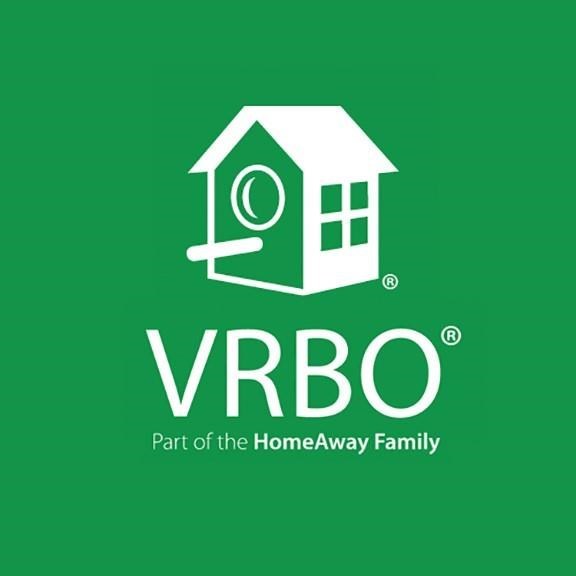
A vacation rental site has angered some in Newfoundland and Labrador because of how it used a classic song from the province in a recent ad. The Vrbo company logo is shown in a handout. THE CANADIAN PRESS/HO
Republished February 13, 2024 - 5:15 AM
Original Publication Date February 12, 2024 - 7:38 AM
ST. JOHN'S, N.L. - A Newfoundland folk musician says the company behind the “derogatory” use of a cherished Newfoundland and Labrador song in an advertisement that played during Sunday's Super Bowl broadcast should apologize to the province.
Korona Brophy, artistic director of music group The Celtic Fiddlers, couldn’t believe her ears when she heard “I'se the B’y” play as disappointed travellers discover their vacation lodging is overrun by livestock in the ad for rental company Vrbo.
“To use the song "I'se the B’y" for their ad in such a way, it was almost like using a slur on our province,” Brophy said in an interview Monday.
The ad caused a stir on X, formerly Twitter, during the Super Bowl, with some saying the classic Newfoundland song was used to connote something stereotypically rural and undesirable. The ad suggests using Vrbo is a way to avoid such unpleasant surprises.
Brophy, a musician who also runs workshops on traditional Newfoundland folk music, said the song is an important piece of the province’s history, complete with descriptions of fishing, dancing and boat building. The song also includes mention of such Newfoundland places as Fogo, Twillingate and Moreton's Harbour.
“There’s a lot of history within our songs, especially this song. And that should be respected,” Brophy said, adding that the company should pull the ad or re-release it without the song, and apologize to residents of Newfoundland and Labrador.
“It’s not to be taken and used like this, it is such a disgrace in my mind. And I know a lot of other people are saying the same thing.”
Brophy said she sent a recording of the ad to Premier Andrew Furey to make sure he saw it. In an emailed statement Monday afternoon, the premier said the use of the "iconic" Newfoundland and Labrador song in the ad is very disappointing.
"Our province has so much to offer tourists from all over the world — including our rich musical history," Furey said. "This is not an accurate representation of our province, our culture, or our people. I encourage Vrbo to stop running the ad until they can edit it to include a different choice of music."
A Vrbo spokesperson said in an email, “The spot pokes fun at our competition, not anyone in Newfoundland. This is one of several ads in this campaign.” They did not immediately respond to questions about the use of the song, if the company will apologize, or who sang the recording used in the ad.
Andrew Taylor, a St. John’s-based history student, said associating one of Newfoundland’s most treasured songs with farm animals as Vrbo did in its ad is “unfortunate and disgusting.”
“My girlfriend and I were sat at the couch watching the game and we both looked up at the TV and looked at each other with just blank stares. We could not believe that,” he said in an interview Monday.
Taylor said the way the song was used is offensive because it perpetuates the “degrading stereotype that we’re uneducated or laid-back people.”
He added that it’s important to treat cultural songs like “I’se the B’y” with respect, because allowing the song to be used to portray something negative can perpetuate a harmful misrepresentation of the province and its people.
“For Newfoundlanders and Labradorians, our music holds the stories of the people who have lived here for 400 years. The loss, tragedy, celebrations … it’s important to make sure (the stories) are told in the right way,” Taylor said.
According to The Canadian Encyclopedia, “I’se the B’y” is believed to have originated in the 1870s, and it’s unclear who wrote the song. It was transcribed by researchers studying Newfoundland folk traditions in 1951.
The song has been popularized outside the province through numerous recordings, including by Great Big Sea, Dick Nolan and Alan Mills.
This report by The Canadian Press was first published Feb. 12, 2024.
— By Lyndsay Armstrong in Halifax.
___
Watch the ad: https://www.youtube.com/watch?v=dncumjtSid8
News from © The Canadian Press, 2024